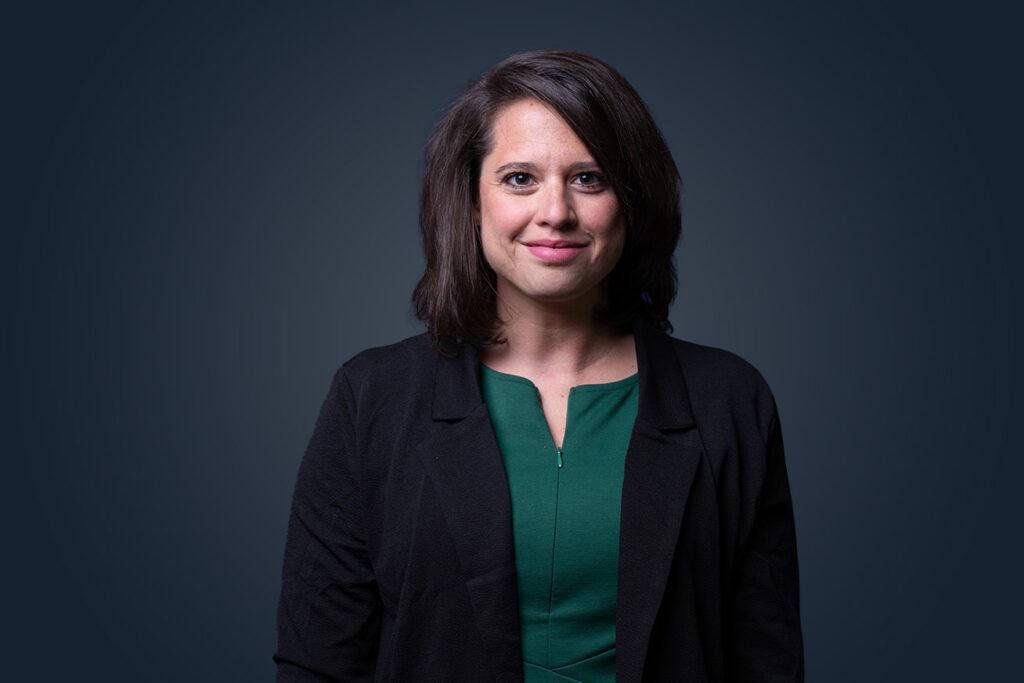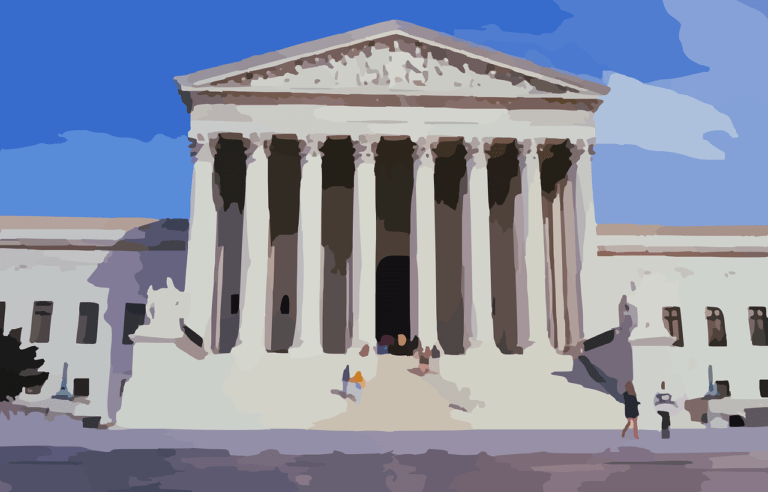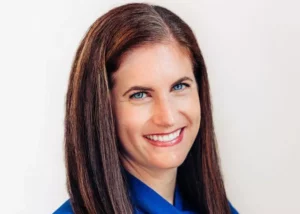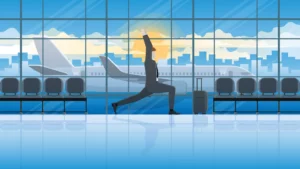A pair of Indiana appellate cases address novel issues of causation, damages and expert testimony in malpractice cases. The following is analysis from Reminger Co. Law, the claims prevention team that assists members of the Alta Pro RPG.
By Katherine Haire, Esq. (reprinted with permission)
The Indiana Court of Appeals has recently handed down two opinions disposing of lawsuits at the summary judgment stage. In both cases, the plaintiffs failed to appropriately refute evidence establishing that their alleged injuries were not caused by the defendants. These recent opinions reinforce that a plaintiff cannot survive the summary judgment phase without procuring a properly qualified expert medical opinion in cases involving complex medical issues or subjective complaints. Thus, in such situations, it may be a prudent strategy to engage experts early and pursue a summary judgment motion directed to the essential ‘causation’ element.
First, Karen Goodwin, as the Personal Representative of the Estates of Darlene and Danny Keller v. Michael Toney, D.C., No. 22A-PL-1532 (Ind. Ct. App. Dec. 14, 2022), involved an allegation of negligent chiropractic care to a patient who was also unknowingly suffering from metastatic bone cancer. The chiropractor moved for summary judgment with the support of two expert affidavits—from a neurosurgeon and a hematologist/oncologist—who, collectively, negated the plaintiff’s claim that the chiropractic care caused a compression fracture in the patient’s cervical vertebra, pain and suffering, and a delay in cancer diagnosis and care that led to the patient’s premature death. In response, the plaintiff designated an affidavit of a physical therapist, who exceeded the scope of his education, training, and licensure by opining that the chiropractor caused the fracture, pain, and delay in cancer care.
The Court of Appeals affirmed the Vigo County trial court’s entry of summary judgment because the chiropractor had negated the essential ‘causation’ element of the malpractice claim with expert opinions that were unrefuted with a qualified expert opinion from the plaintiff. In this respect, the Court of Appeals also affirmed the trial court’s decision to strike the plaintiff’s expert affidavit because the physical therapist was not a licensed physician and was unqualified under the Indiana Rules of Evidence to render an opinion on the medical causation of complicated and subjective medical issues.
Summary Judgment Affirmed in Swimming Injury Case
Second, in Diocese of Fort Wayne South Bend, Inc. v. Gabriella Gallegos, No. 22A-CT-992 (Ind. Ct. App. Jan. 25, 2023), the plaintiff, a student, and member of the swim team at a school operated by the Diocese of Fort Wayne-South Bend, Inc., struck her head on the diving board during a swim meet hosted by another school. The plaintiff continued with the competition after the incident but was later diagnosed with a concussion and broken nose, so she sued the Diocese for negligently allowing her continued participation in the competition. The Diocese moved for summary judgment and designated the expert affidavit of a neurologist to establish that any continued participation in the diving match did not exacerbate the plaintiff’s injuries. In response, the plaintiff designated no expert evidence but rather relied upon her own testimony that she believed, based on what she had been told by her personal physician, that her head injury was aggravated due to her continued participation in the dive competition.
The Court of Appeals reversed the St. Joseph County trial court’s denial of summary judgment. Not only did the plaintiff’s affidavit contain inadmissible hearsay vis-à-vis the physician’s purported statement, but the plaintiff’s personal belief about a causal link between her continued participation in the dive meet and her alleged injury was “insufficient” to negate the opinion of the defense’s designated neurologist because the plaintiff’s complaints were subjective in nature (i.e., headaches, dizziness, fogginess). In the absence of expert medical testimony to establish a causal link, the Diocese was entitled to summary judgment.
In sum, the ‘causation’ element required in any personal injury case may afford a significant opportunity for a successful summary judgment motion. Indiana courts (and generally elsewhere) clearly require expert medical evidence to establish a causal connection between an allegedly negligent act and subjective complaints or complex medical conditions. When the defense obtains an expert opinion that can negate the causal connection, the plaintiff is necessarily compelled to meet his/her burden (relatively) early in the litigation process by engaging an expert who is duly qualified to offer a medical opinion and who is willing to specifically rebut the defense opinion on medical causation.
If you have any questions with respect to medical malpractice or the question of a plaintiff’s burden of proof both on the standard of care or causation, please call a member of Reminger’s Medical Malpractice Group or General Liability Group attorneys.

About the Author
Katie is a shareholder in the Indianapolis office of Reminger Co., LPA. Prior to joining Reminger, Katie was a judicial law clerk for the Honorable Patricia A. Riley on the Indiana Court of Appeals. During her tenure with the appellate court, Katie worked on more than 200 cases, delving into a wide array of Indiana law.
Do you know one simple step that will reduce your risk of wire fraud to near zero? Can you name the Three C’s of Law Firm Branding? Do you understand how amygdala hijack might be sabotaging your law practice? You would know the answers to these and other important questions if you attended our recent CLE webinars. These free lunch-hour programs – which feature nationally-recognized experts offering practical tips and guidance on crucial issues affecting the legal industry – are just one of the many benefits available to you as a member of the Alta Pro Risk Purchasing Group (RPG). Do you practice in Wisconsin, Texas, Minnesota, Ohio, Illinois, Indiana or Michigan? You may be eligible for regular Pro Practice e-Alerts, the Pro Practice Blog, Reminger Law’s ProLink risk hotline, discounts on CLIO practice management software, free consultations with the Risk Pro and more – without even knowing it. Register here and start enjoying your Alta Pro RPG benefits.

















